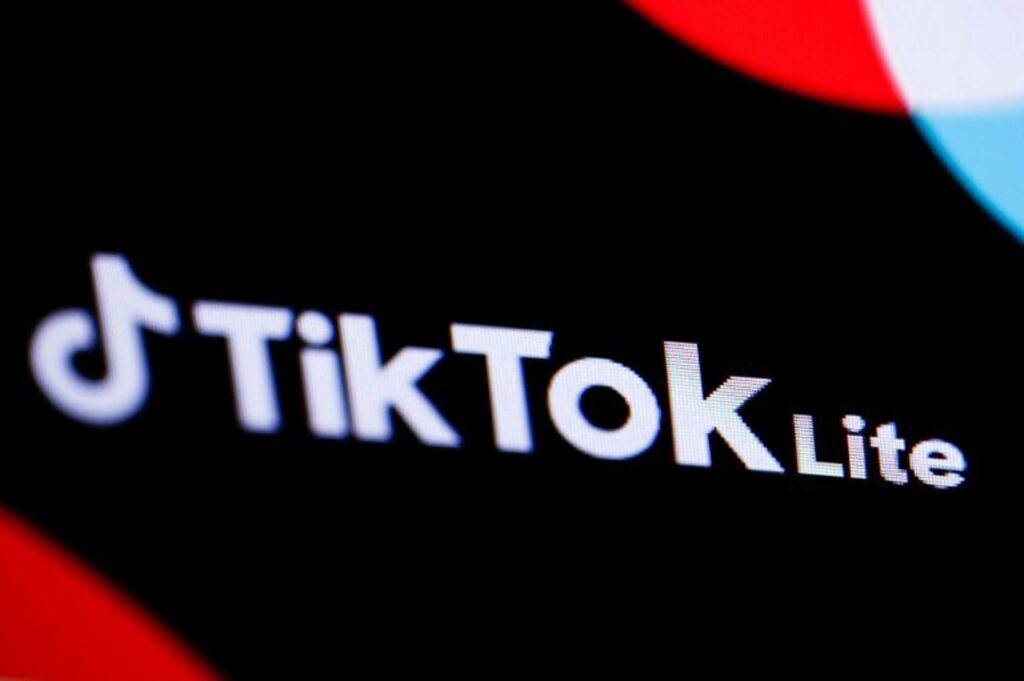The European Commission has begun investigating the new application, TikTok Lite, with the threat of suspending its screen-time reward feature from Thursday to tackle concerns over addiction.
Virtual currency – transformable into gift cards when watching a video – is a controversial new service launched by TikTok, owned by the Chinese group ByteDance, in France and Spain at the end of March.
The Commission sees the reward system posing "serious risks to users’ mental health", however, the platform has not submitted a risk assessment, which it is obliged to under the European Digital Services Act (DSA).
The European body is ready to impose suspension on the rewards program, but before formal adoption, TikTok has been given until Wednesday, 24 April for defence arguments.
On 17 April, the Commission issued a warning to TikTok demanding risk assessment connected to this rollout within 24 hours and for details on control measures. However, a Commission statement reveals TikTok missed the deadline.
“Continuous streams of short, fast videos may seem fun, but they expose our children to risks of addiction, anxiety, depression, eating disorders, attention deficit,” expressed Thierry Breton, the European Commissioner for the Digital Economy.
By the latest, TikTok must submit its risk assessment and respond to other queries by 3 May.
Otherwise, the Commission can impose penalties of up to 1% of the group’s annual global turnover and possible fines of up to 5% of daily turnover.
TikTok Lite rewards users who log in daily for ten days, engage in watching videos (limited to 60-85 minutes a day) and undertake certain actions like liking videos and following content creators. The points can then be exchanged for gift cards on partner sites like Amazon.
The social network repeatedly asserts that only users aged 18 or older can collect points and that age verification procedures are in place. To convert points into purchase codes, a selfie with an ID, video selfie or credit card authorisation is required, TikTok explained to AFP.
However, experts suggest the risk of loopholes is apparent.

